Our Wiggly Blog
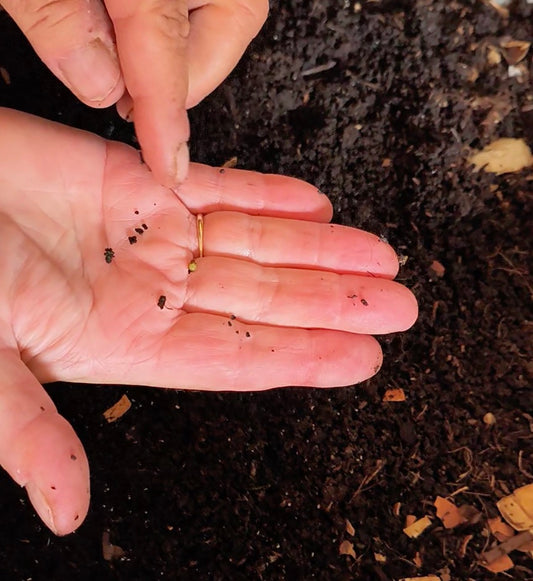
Harvesting your compost from your tray system i...
Once all your trays are full, take the bottom tray with the finished composting in, remove it and then put that tray on top of the top tray and skim...
Harvesting your compost from your tray system i...
Once all your trays are full, take the bottom tray with the finished composting in, remove it and then put that tray on top of the top tray and skim...
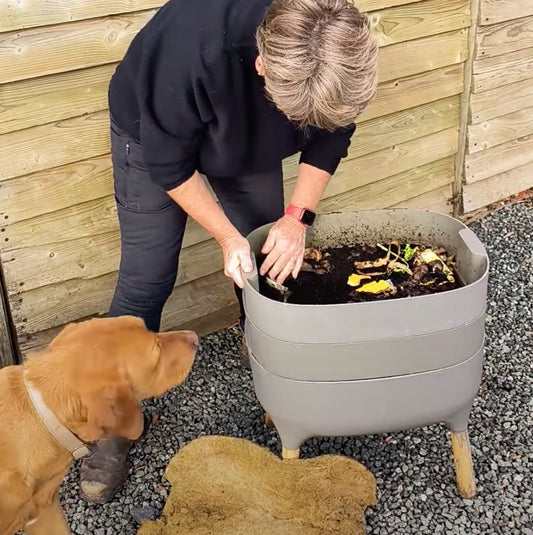
WW Video: The EASIEST way to harvest your worm ...
In this video Heather explains the absolute easiest way to harvest your worm compost from your Wormery. Looking to get started with Worm Composting - pop on over to https://www.wigglywigglers.co.uk/collections/urbalive-wormery-kits View...
WW Video: The EASIEST way to harvest your worm ...
In this video Heather explains the absolute easiest way to harvest your worm compost from your Wormery. Looking to get started with Worm Composting - pop on over to https://www.wigglywigglers.co.uk/collections/urbalive-wormery-kits View...

How to make your own Wormery!
This post is a collaboration with startcomposting.co.uk, our new website full of guides and tips to help get the nation composting! Worm composting, also known as vermiculture, is a natural...
How to make your own Wormery!
This post is a collaboration with startcomposting.co.uk, our new website full of guides and tips to help get the nation composting! Worm composting, also known as vermiculture, is a natural...
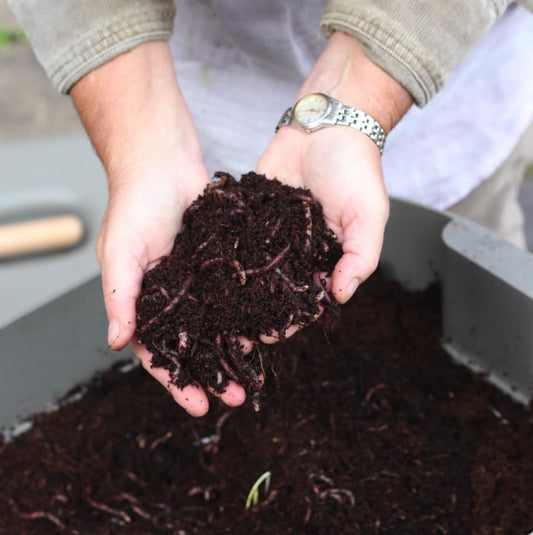
How do I harvest my worm compost without the wo...
There are a few methods to harvest worm compost without the worms:
How do I harvest my worm compost without the wo...
There are a few methods to harvest worm compost without the worms:
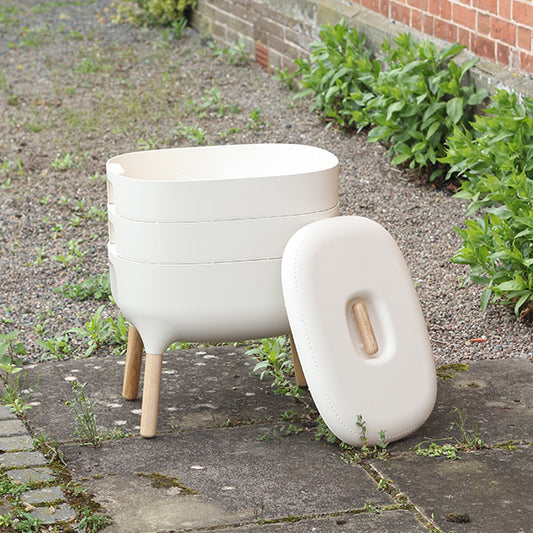
8 Tips for Winter Worm Composting
Worm composting, also known as vermicomposting, can be a bit more challenging during the winter and cold weather, but with the right tweaks, you can continue composting successfully. Worms do...
8 Tips for Winter Worm Composting
Worm composting, also known as vermicomposting, can be a bit more challenging during the winter and cold weather, but with the right tweaks, you can continue composting successfully. Worms do...
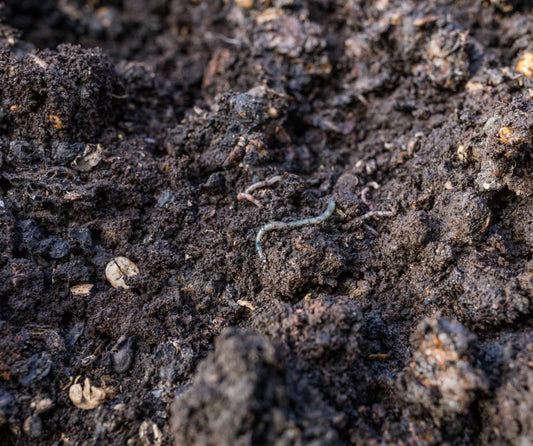
My wormery is too wet!
If your wormery is too wet, there are a few things you can do to address the issue:
My wormery is too wet!
If your wormery is too wet, there are a few things you can do to address the issue:

